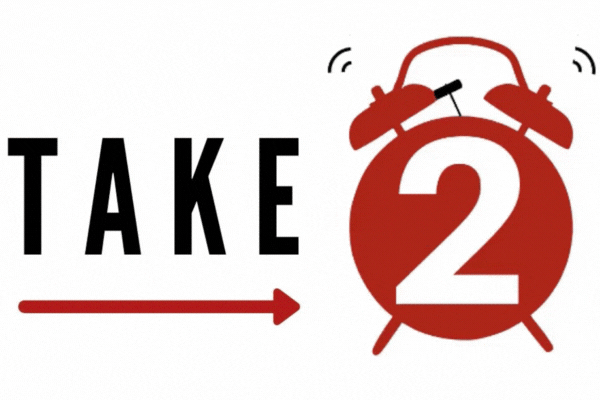The “official” end to National Anti-Bullying awareness month was Halloween, but the beginning of November marked the start of the school’s new campaign to stamp out bullying.
Under the Student Resources tab on the high school website, there is a link that allows for anonymous reporting of bullying in the form of a Google document.
“The bullying page is really a way to report bullying,” assistant principal Ray Winkler said. “Our idea is that kids can go on and report someone else being bullied, or if they are being bullied.”
As soon as a student fills in the required information on the form, a copy is emailed to each of the four assistant principals. With a completely anonymous electronic system, Winkler says assistant principals will be more able to follow up on bullying reports.
Winkler said that if students feel they have more information that they want to share personally with the assistant principals, they can leave their name on the sheet, but leaving a name on the form is entirely optional.
“After the student hits Submit, they don’t see anything ever again; the entire thing is taken care of,” Winkler said.
The idea, Winkler said, is that dealing with bullies will become as painless and easy as possible. If the victim or witness is too shy or scared to report bullying, this new process will limit contact between persons.
Once a bullying problem has come to the attention of an assistant principal, they will personally confront the bully with a warning, saying that if the problem continues, there will be consequences. Sometimes, Winkler said, if the problem is severe enough, there will be consequences with the first warning.
As simple and convenient as this new tool is, it is an indication of the growing role of the Internet in the lives of students. With the growing usage of Khan Academy, Schooltown, and other online resources by the student body and faculty, utilizing the Internet to combat bullying seemed like a natural extension. When asked about the Internet’s influence on the future of learning at the high school, Winkler seemed positive.
“I think that we’re always going to be trying to merge online learning with the classroom experience that kids get,” he said.
Students may ask whether they need this new anti-bullying campaign, but some see a growing bullying problem.
“Nowadays students think making fun of kids can just be passed off as joking. They don’t consider it bullying, but it really is,” junior Nick Difurio said.
Winkler agrees.
“I think that in this school, our kids are pretty nice to each other in general, but I do think there are cases where sometimes kids think they are being funny and they’re showing off for each other, but after a long time those little comments, those little jabs can be hurtful,” Winkler said.
“I don’t see outright mean and nasty bullying as much as there may be in other schools, but I bet there’s just as much ‘good-natured’ kidding around, which is in reality bullying.”
Still, there are some concerns regarding the effectiveness of the school’s new bullying strategy.
“It completely throws credibility out the window,” Difurio said. “Something can go down one way but be reported completely differently. It’s also really vulnerable to students who want to send in fake reports just to mess with people.”
Regardless of the potential downside, the school’s new anti-bullying strategy has the potential to help a lot of students.
“The dangers when you do things anonymously is that there is always a risk of people playing a game, or being mean- it could be another form of bullying,” Winkler said.
“That’s what our job is, to sift through and talk to students to see what’s going on.”
















